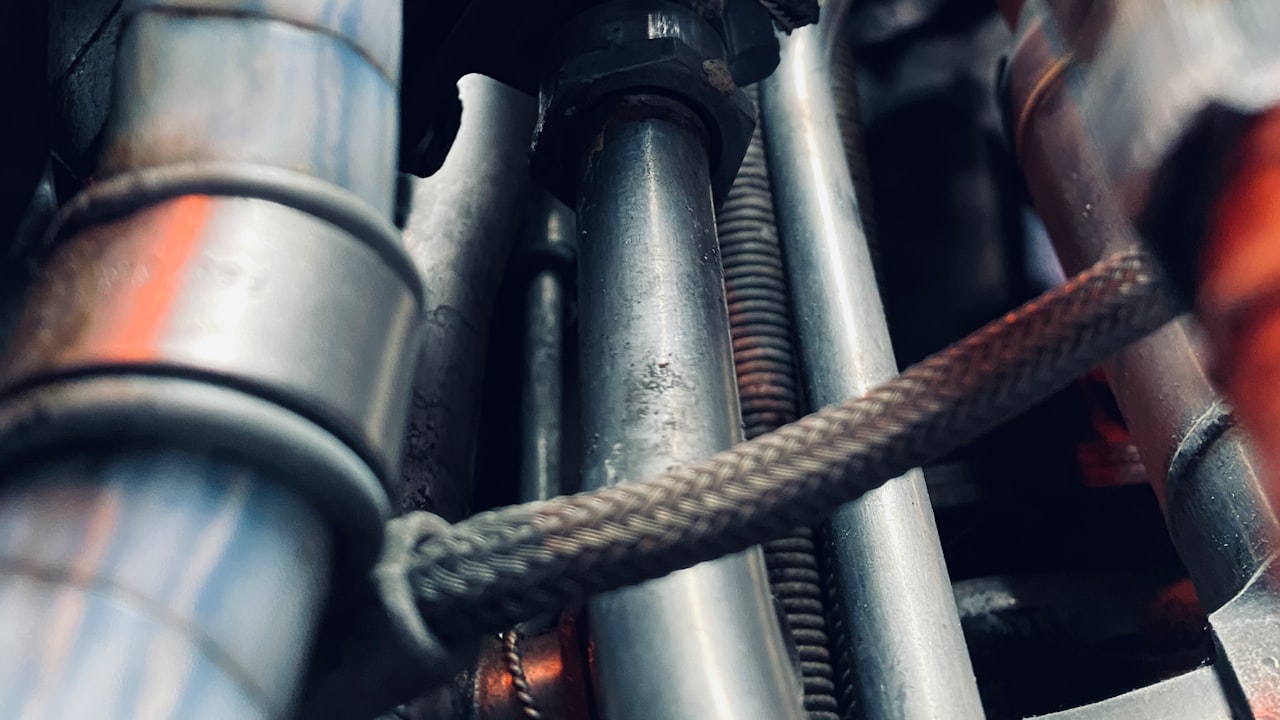 Title: “Revolutionizing Pharmaceutical Production: The Impact of Pharmaceutical Machinery”
Title: “Revolutionizing Pharmaceutical Production: The Impact of Pharmaceutical Machinery”
Pharmaceutical production has undergone a profound transformation in recent years, thanks to the increasing integration of advanced pharmaceutical machinery. Traditional methods of pharmaceutical manufacturing, reliant on manual labor, have given way to a new era of efficiency and precision with the adoption of cutting-edge technologies such as table press machines and capsule filling machines.
Table press machines, such as the TDP (Tableting Direct Press) and THDP (Tableting High-speed Rotary Direct Press), have revolutionized the drug formulation process. These machines are capable of compressing powdered ingredients into precisely dosed tablets with unparalleled accuracy and speed. The TDP series, for example, is renowned for its ability to produce high-quality tablets with minimal operator intervention, streamlining the production process and ensuring consistent product quality.
Similarly, capsule filling machines have played a crucial role in enhancing pharmaceutical manufacturing efficiency. These machines automate the process of filling empty capsules with powdered or liquid medication, eliminating the need for manual labor and reducing the risk of dosage variability. Through the integration of advanced technologies such as automatic weight control and capsule orientation systems, modern capsule filling machines ensure precise filling and sealing of capsules, meeting stringent quality standards.
The adoption of pharmaceutical machinery like table press machines and capsule filling machines has not only revolutionized drug formulation but also improved overall production efficiency. By automating repetitive tasks and reducing human intervention, these machines have significantly increased production output while minimizing the risk of errors and contamination.
Moreover, the utilization of advanced machinery in pharmaceutical production extends beyond formulation and filling processes. Quality control measures have also benefited from technological advancements, with instruments like high-performance liquid chromatography (HPLC) and mass spectrometry playing a critical role in ensuring product purity and consistency. These analytical tools enable manufacturers to conduct rigorous testing and analysis, verifying the integrity of raw materials and finished products.
In conclusion, the integration of pharmaceutical machinery has had a transformative impact on the pharmaceutical industry, driving innovation and efficiency across all stages of production. By leveraging technologies such as table press machines, capsule filling machines, and advanced analytical instruments, pharmaceutical companies can enhance product quality, optimize production processes, and ultimately deliver safe and effective medications to patients worldwide.
(Word count: 387)





